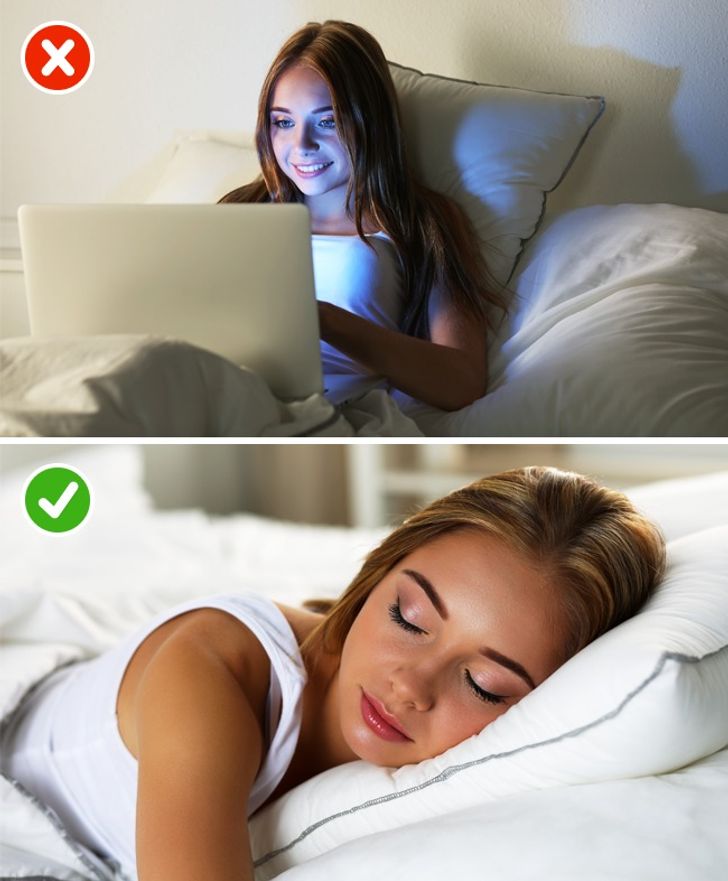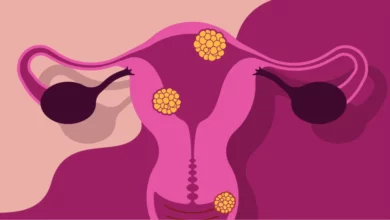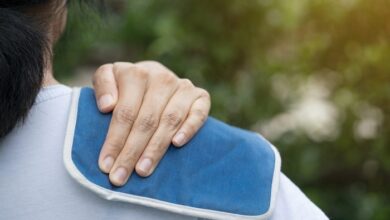2,005 2 minutes read
Health & Fitness
Many people use their beds not only to sleep but as a kind of workplace, which results in a decreased quality of sleep.
Solution: Leave your job outside the bedroom.
6. Caffeine
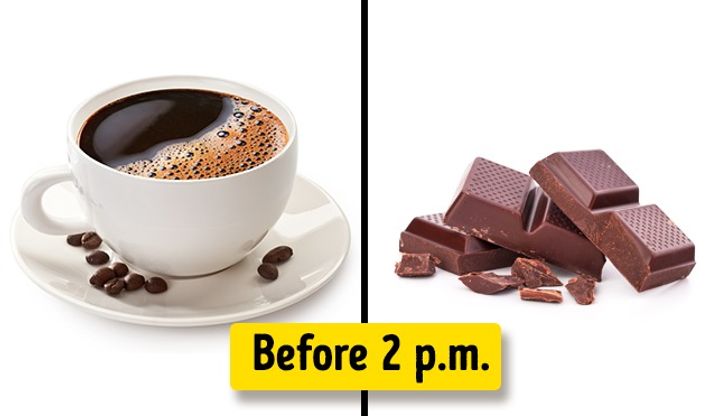
It’s no secret that caffeine prevents you from easily falling asleep. Don’t forget that it’s found not only in coffee but in tea, chocolate, and some other products as well.
Solution: Have fewer foods containing caffeine in the evening.
5. Making yourself fall asleep
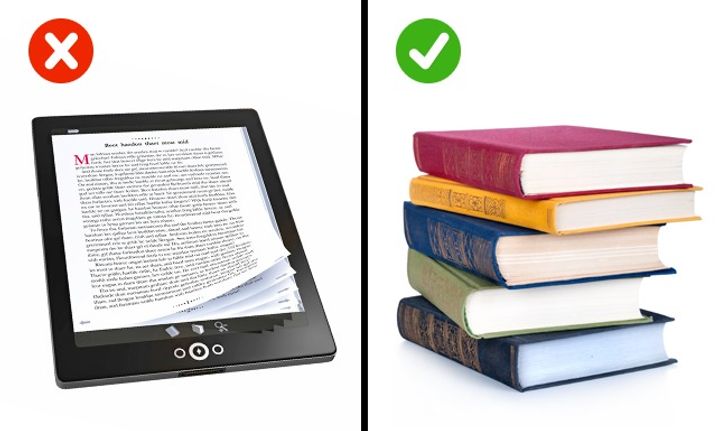
Many go to bed without wanting to sleep, hoping the desire will come by itself. In the majority of cases, though, it won’t.
Solution: If you can’t fall asleep in 20 minutes, get up from bed and read a book (not an e-book, though, as it’ll make things even worse), or do something relaxing.
4. Alcohol
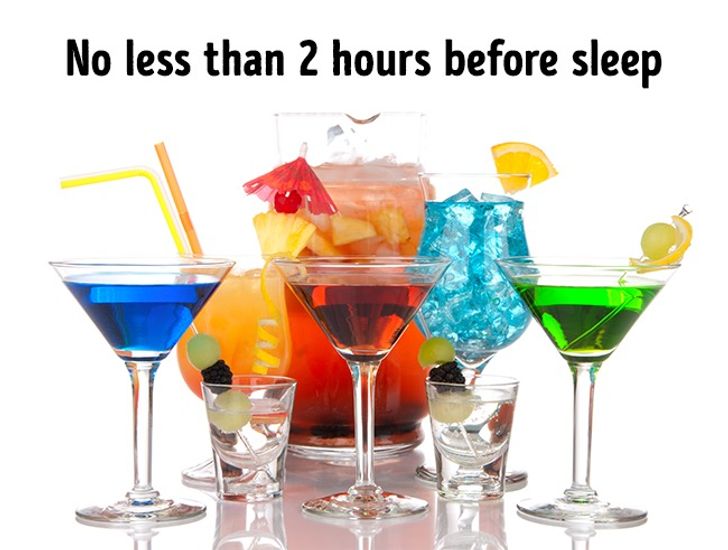
Although alcohol lets you fall asleep faster, it negatively affects rapid eye movement sleep, and you wake up tired and nauseous.
Solution: Consume alcohol no less than 2 hours before sleep. Better still, quit drinking altogether.
3. Mind overload
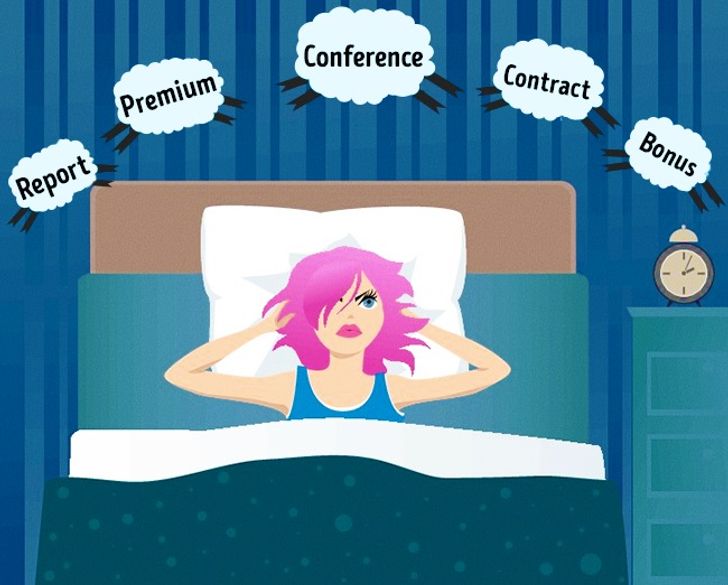
We often don’t let our brain “reboot” and rest from day-to-day problems before going to bed, which results in low sleep quality.
Solution: Distract yourself from all concerns, and direct your thoughts at something else entirely: recall the names of countries beginning with the same letter, or try counting sheep.
2. Absence of habit

A lack of rituals preceding a night’s sleep is another reason why you don’t feel rested in the morning.
Solution: Train your body to react to a certain algorithm: for instance, take a warm shower (not too cool or hot), and listen to music. Do not take a hot bath, though, as it will accelerate your metabolism, and you’ll have a hard time falling asleep.
1. Sleep position
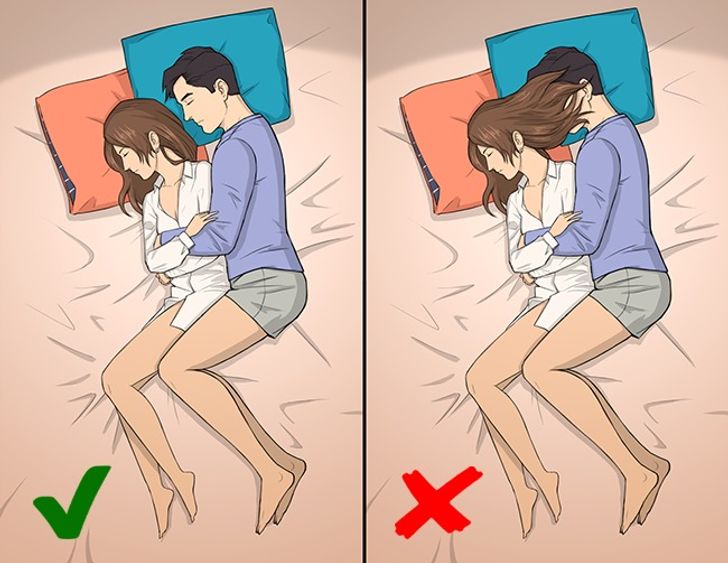
Going to sleep in an uncomfortable position, whether you’re alone or with your partner, stresses your body, resulting in a lack of rest.
Solution: Assume a position that you feel most comfortable in, and try not to change it until you fall asleep.

